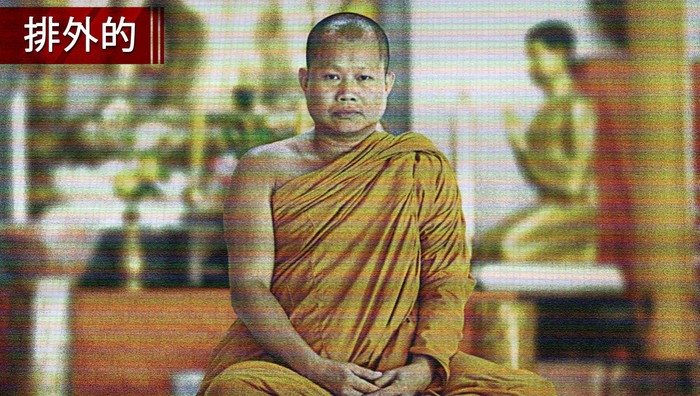Authoritative Answers to Questions About Taoism

(This FAQ was sent to the long-defunct Taoism-L mailing list, on October 10, 1993 by Steve Bokenkamp, who is now a professor of Chinese AND a professor of religious studies at Arizona State University, and a contributor at Taoish.org. It’s reposted here with his permission.)
Taoism-L FAQs — Some Answers:
>What’s the best translation of Lao Tzu?
>What’s the best translation of Chuang Tzu?
>What are the major schools of Taoist thought?
>How do they differ from one another?
>How does Taoism differ from Zen?
>What does the first line of ttc chapter 1 mean?
>What does enlightenment mean?
>What does ineffable mean?
>What does meaning mean?
>Do you have to speak Chinese to understand Taoism?
>Do you have to be a sage to understand Taoism?
>Why is everybody so unkind?
>Isn’t a discussion list about Taoism a contradiction?
“What’s the best translation of Lao-tzu?”
That’s simple, the Tao-te Ching. Among the works that Lao-tzu
translated, his translation of the Bhagavad Gita, with the
Chinese title “Tao-te ching,” remains far and away the best. If
you don’t believe me, a humble scholar, just read Victor H.
Mair’s translation into English of Lao-tzu’s translation into
Chinese of the Bhagavad Gita.
“What’s the best translation of Chuang-tzu?”
So far as I know, and I may be wrong, Chuang-tzu never translated
anything. He was too busy dreaming of butterflies and trying to
deconstruct his own death.
“What are the major schools of Taoist thought?”
The French and the Japanese.
“How do they differ from one another?”
The French school tends to more mystical explanations of the Tao.
They are interested in visualizations (such as imagining that you
are at coffee-shop on the Cote d’Azur when you are in fact
teaching a seminar on a rainy Paris day) and in esoteric
explanations of the gross sounds your body makes when you
meditate past suppertime. The Japanese tend to more practical
explanations. They are wonderful bibliographers, indexers, and
masters of textual filiation. To Japanese scholars goes the task
of demonstrating conclusively that all Taoism is in fact a sleazy
Chinese imitation of Buddhism. (And *not* just of the Bhagavad
Gita.)
“How does Taoism differ from Zen?”
Not at all. (See the previous FAQ.)
“What does the first line of TTC chapter 1 mean?”
“O Sanjaya, assembled together on the sacred plain of Kurukshetra
and being desirous to fight, what did my people and the Pandavas
do?” (I didn’t say that Lao-tzu was a GOOD translator, just a
popular one.)
“What does enlightenment mean?”
The answer, of course, differs according to school. For the
French it means something like “acute awareness of hunger.”
For the Japanese, it is difficult to explain just what it might
mean, but it is certain that enlightenment occurs in
contemplation of a well-constructed diagram of textual filiation.
“What does ineffable mean?”
You’ve lost me. Does this have anything to do with Taoism?
(Yes, that’s about what it means…)
“What does meaning mean?”
Here we must examine the ground of the question. Questioning the
meaning of meaning was a game that Lao-tzu invented to cover up
the fact that he was not a very good translator. By the rules of
this game, meaning meant what Lao-tzu wanted it to mean and he’s
dead now.
“Do you have to speak Chinese to understand Taoism?”
No, but you must speak either French or Japanese. If you speak
both French and Japanese, on the other hand, you will implode.
This is what happened to Hun-tun.
“Do you have to be a sage to understand Taoism?”
Do you have to be a sage to understand French? Japanese? As
Mark Twain remarked with regard to one or another of them, “kids
do it!” It would be better, of course, just to begin studying
Sanskrit and give up this Taoist fantasy of yours. Go to the
source, that’s my advice.
“Why is everyone so unkind?”
Well, we were all observing perfect Taoist silence…until YOU
came along!
“Isn’t a discussion list about Taoism a contradiction?”
Only if you have to play by Lao-tzu’s rules…
Can we start a FAQ-file now? That way we won’t have to answer
any of these questions ever again.
–Steve Bokenkamp (BOKENKAM@UCS.INDIANA.EDU)






One thought on “Authoritative Answers to Questions About Taoism”